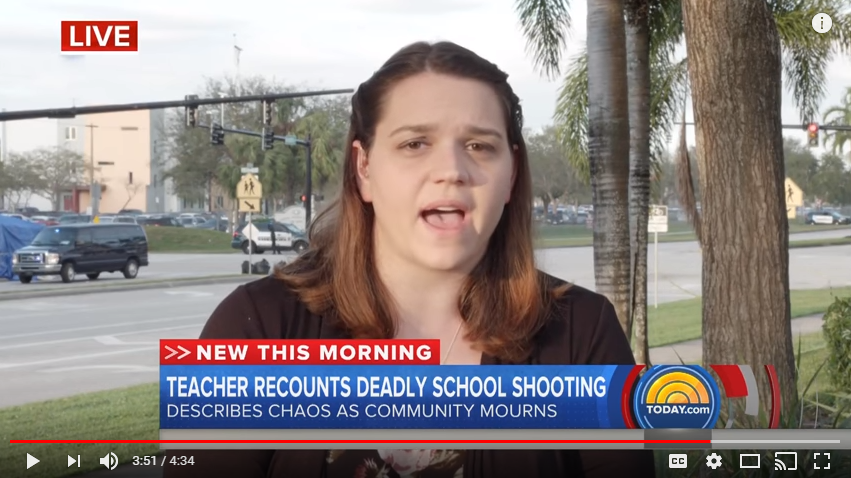By Bill Naron
To the believers amongst the body of Elim,
I have been meditating lately on the hope we have in our Lord and Savior Jesus Christ. How sure is our hope because He gave his body for us and rose victorious over death and sin. He paid the debt that we were enslaved to from our birth. Jesus is our hope and the catalyst that began a revolution, the original counter to culture, and we are called to follow suit.
Comparing today’s American Christian churches with that of the first-century church, I see vast differences in the way they operate. One of the more apparent changes is that the overwhelming number of programs offered by today’s churches tend to be more self-help, fellowship, or inward-focused. I cannot help but be bewildered by the stark contrast to that of the first-century church, where the body of believers were more network-minded, fostered community, and seemed to be more outreach-oriented.
Realizing these important distinctions only reinforced my excitement for the direction our leadership is taking us in 2018! Because while fellowship, self-help, and community all help believers grow in communion with Christ, these things cannot be the only mission of a Christ-minded church. The apostles and community of believers mentored the unsaved and walked through life with them. The church had a major impact on society and culture, and the Gospel spread like wildfire.
What will this more evangelistic, Gospel-spreading mentorship look like? I cannot say for sure. This is different than anything I have seen implemented in my years as a follower of Jesus Christ. I know that in the 1800s it was not uncommon for a church building to be the center of the community in many ways, including hosting schools and courthouses. While I am not suggesting we go back there, I am curious what it would look like for Elim to become such a prominent place of community again, a place where we the believers physically invite others to join in the life-altering power of the Gospel! And that we as believers could somehow regain that Christ-focused impact for good even on public institutions such as schools and courthouses. Let us not only be hearers of the Word, but also doers of the Word.
Being an oasis of renewal in our community can only begin with the gathering of the community. We must break down our walls of insecurity and fear and truly be intentional fishers of men.
Views – 296

 Follow
Follow
